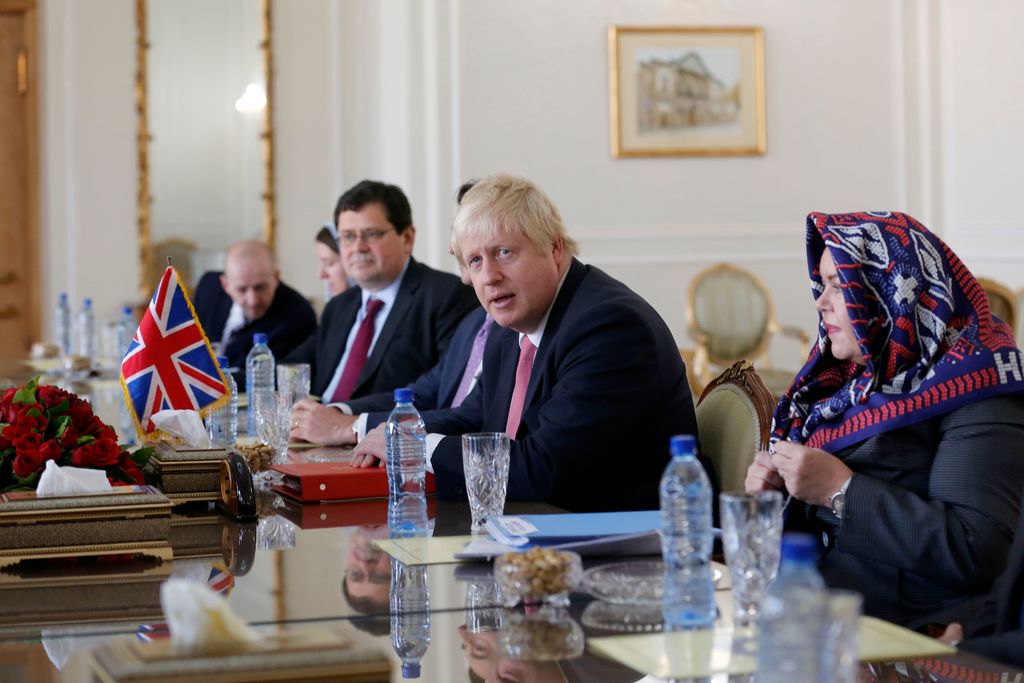Three years ago when the Iran nuclear agreement was signed there was massive political resistance in Washington. Notably – but not solely – from Republicans. In London, by contrast, there was almost nothing. As Catherine Ashton and co worked away with the Iranians there was next to no resistance from the UK political class and very little pushback from the British media. Considering that the deal delivered an astronomical cash-infusion to the mullahs and only stood at best to delay their nuclear ambitions, this was striking. At the time I asked one Parliamentarian why there had been such silence in Westminster and was told “When the White House wants something this much it probably isn’t worth standing against it.”
Well now the boot is on another foot. President Trump has pulled out of the JCPOA, and yet British officialdom – which was so conspicuously silent when President Obama got what he wanted – has been imploring President Trump to act differently. From the Foreign Secretary down, the UK has been imploring the White House not to act on something it wanted to act on and, after all, promised the American public that it would act on.
In recent days Boris Johnson has been reduced to pleading about babies and bathwater. But now that the President has made his decision, it is he and his counterparts who are going to have to work out what they want to save and what they want to do.
As the US re-imposes sanctions on the Revolutionary Islamic Republic of Iran, the other signatories to the JCPOA (including Britain) will have to work out some coherent, probably unified, stance. It is possible that they will try to stick together and defy the American decision. If they do then it is perfectly possible that they will be reminded that they can either trade with Iran or with America, but not with both. In such circumstances it seems unlikely that they will choose to keep trading with Iran.
Of course anything could happen, but most likely is that the UK, French and other governments are going to spend the coming grace trying to find a dignified way down from the hectoring position they have got themselves into.


















